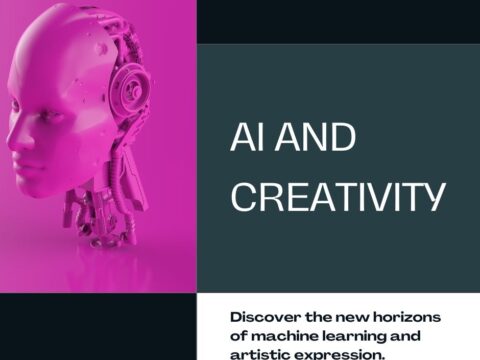As artificial intelligence (AI) continues to reshape industries and society, the ethical considerations surrounding its development and deployment have come to the forefront. In this blog post, we will explore the complex landscape of ethical challenges in AI and provide a guide for developers and industry leaders to navigate these challenges responsibly.
Understanding Ethical Challenges in AI:
- Bias and Fairness: Addressing biases in AI algorithms is crucial to ensure fair and equitable outcomes. Developers must be vigilant in identifying and mitigating biases that may be present in training data, algorithms, or decision-making processes.
- Transparency and Explainability: The opacity of many AI systems raises concerns about accountability. Striving for transparency and explainability in AI models helps build trust among users and stakeholders, allowing them to understand the rationale behind AI-driven decisions.
- Privacy Concerns: AI often involves the processing of vast amounts of data, raising privacy concerns. Developers should prioritize the protection of user data, implement robust security measures, and adhere to privacy regulations to safeguard individuals’ sensitive information.
A Guide for Developers:
- Diverse and Inclusive Development Teams: Building diverse and inclusive development teams helps bring different perspectives to the table, reducing the likelihood of biased algorithms and ensuring that AI systems consider a broad range of user experiences.
- Ethical AI Frameworks: Implementing ethical AI frameworks can guide developers in making responsible decisions throughout the development lifecycle. These frameworks may include guidelines on fairness, transparency, and accountability.
- Continuous Monitoring and Evaluation: Regularly monitoring AI systems for bias, performance, and ethical considerations is essential. Implementing mechanisms for ongoing evaluation allows developers to identify and rectify issues as they arise.
Responsibilities for Industry Leaders:
- Ethical AI Policies: Industry leaders should establish and enforce ethical AI policies within their organizations. These policies should align with broader ethical principles, prioritize user well-being, and outline consequences for ethical violations.
- Investment in Ethical AI Research: Supporting and investing in research on ethical AI practices contributes to the development of industry-wide standards. This collaboration fosters a collective effort to address ethical challenges in AI.
- Stakeholder Engagement: Engaging with users, communities, and advocacy groups fosters a collaborative approach to ethical AI. Industry leaders should actively seek input from diverse stakeholders to ensure that AI systems meet the needs and expectations of the broader community.
The Future of Ethical AI:
- Advancements in Ethical AI Technologies: Continued research and development in ethical AI technologies, such as explainable AI and fairness-enhancing algorithms, will play a pivotal role in addressing and mitigating ethical challenges.
- Global Collaboration: Ethical AI is a global concern, and international collaboration is essential. Industry leaders and developers should actively participate in global conversations, share best practices, and work towards establishing universal ethical standards for AI.
Conclusion:
Navigating ethical challenges in AI requires a collective effort from developers, industry leaders, and the broader community. By prioritizing transparency, fairness, and privacy, and by fostering a culture of ethical responsibility, the AI community can ensure that artificial intelligence continues to benefit society responsibly and ethically.




